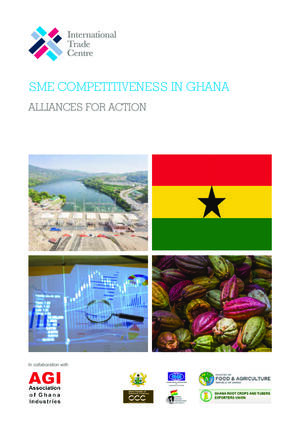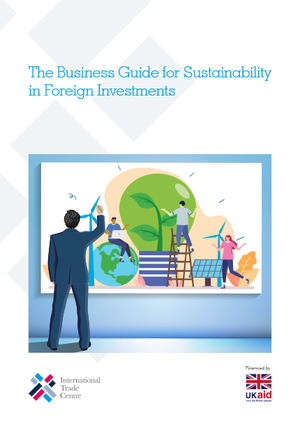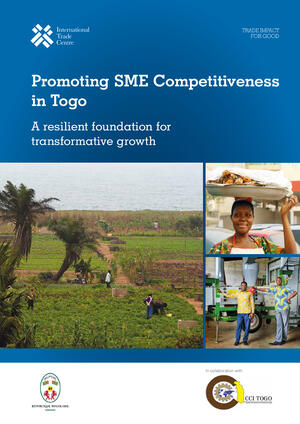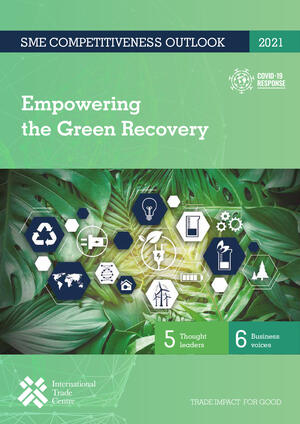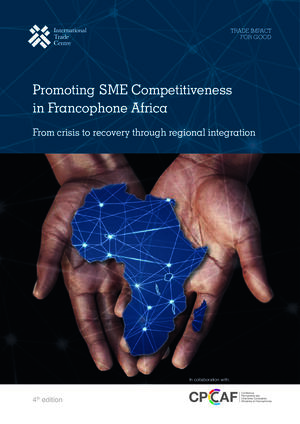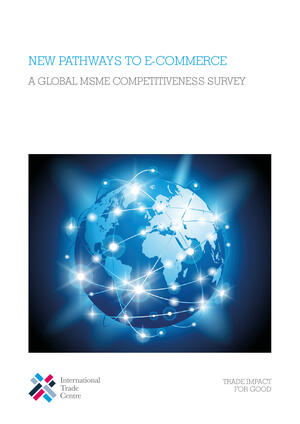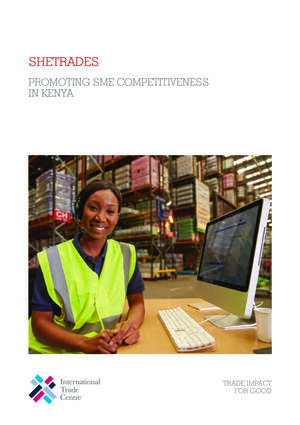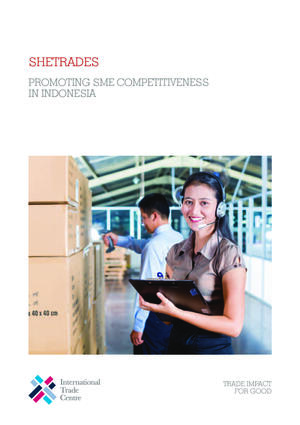SME Competitiveness in Ghana (en)
What keeps small and medium-sized enterprises (SMEs) in Ghana from being competitive in international markets is often not of their own making, such as unreliable electricity and high interest rates. This report outlines these and other findings from the SME Competitiveness Survey, which surveyed...




